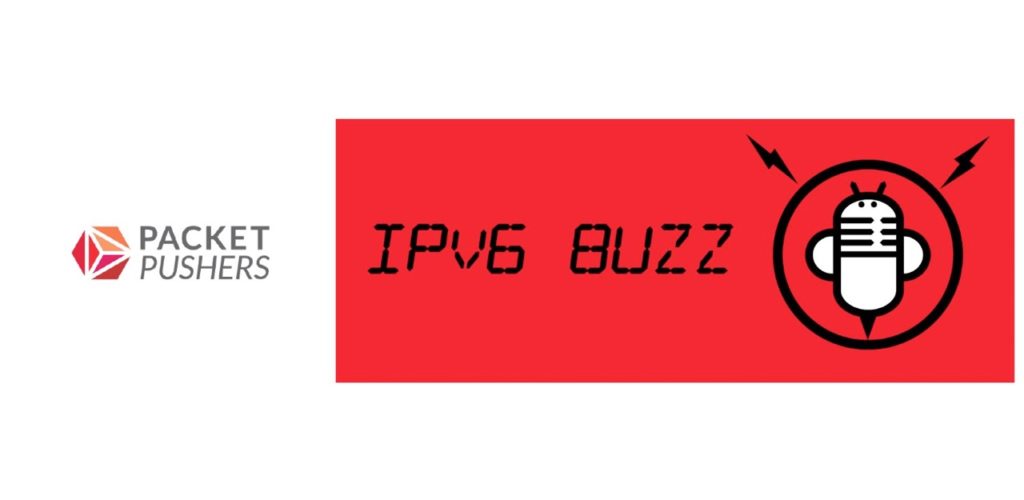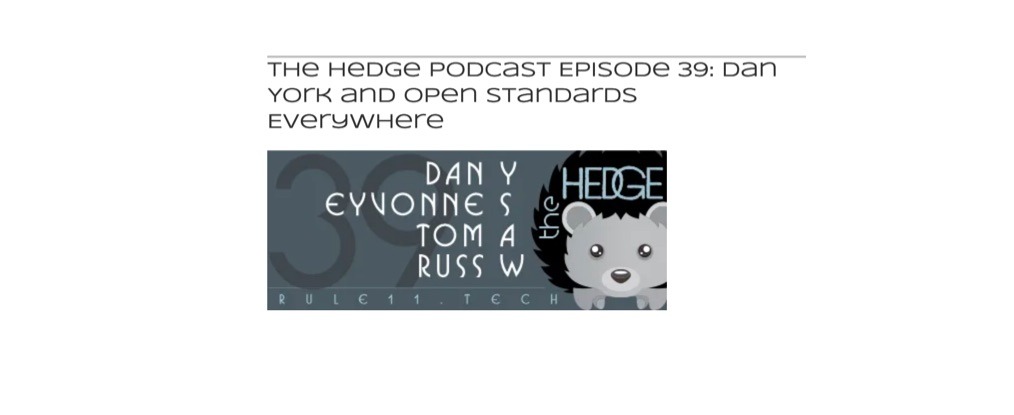Just a guy in Vermont trying to connect all the dots...
Author's posts
Aug 19
Experimenting with block patterns in WordPress 5.5
Here I am just inserting a “block pattern” in WordPress 5.5 that has two buttons side by side:
The point of a “block pattern” is it lets you insert a pre-defined and pre-configured set of blocks. You then can edit those blocks and set them up with their unique properties.
This is VERY different from “re-usable blocks”, which can also be inserted easily in different parts of your site… but they all share the same value. So you could have, say, your contact info or number of members in a re-usable block. Insert that block all across your site. Update it in one location, and it is updated everywhere.
Instead a “block pattern” is more of a “template”… “here are some blocks to get you going on this page and now you can do with them what you will.“
I can see a HUGE use case for this in the pages we create at my employer. We often create new landing pages or event pages where we use some standard patterns. Obviously we can just “duplicate” an existing page if it is a close match, but often we are building new pages where we also want to bring in elements used on another page. Now, we have built our own blocks for some of our common elements. But a “block pattern” allows us to have a group of blocks that we can easily add to the page.
The challenge is that adding block patterns in WordPress 5.5 primarily involves adding code to your theme or creating a custom plugin.
However, I see there is now a “Block Pattern Builder” plugin that needs some investigation…
Aug 04
IPv6 Buzz Podcast Dives into Open Standards Everywhere

What are the challenges with applications supporting IPv6? What do people, particularly those working in enterprises, need to know about how servers and applications work with IPv6? What is the Internet Society’s Open Standards Everywhere project doing to help? How can people get more involved?
To answer all these questions and more, I recently joined Scott Hogg and Tom Coffeen on their IPv6 Buzz Podcast episode 53. You can listen here:
It was a very enjoyable conversation! Thanks to Scott and Tom for having me on their show. I also want to thank Ed Horley, who first contacted me about joining the show but with schedule conflicts was not able to join the recording. I would also encourage you to listen to other IPv6 Buzz episodes to learn more about IPv6.
If you would like to help in the work to get open standards deployed everywhere, please:
- Read our project page to understand our 2020 goals.
- Test your website with Internet.nl
- Read / share / comment on the documentation we are creating on GitHub.
- Join our Open Standards Everywhere community in Connect.
The post IPv6 Buzz Podcast Dives into Open Standards Everywhere appeared first on Internet Society.
Aug 03
TDYR 396 – Pandemic Productivity Plunge
Jul 14
Testing Lazy Loading of Embedded iFrames
This post is to test the lazy loading of iFrames, as noted in this blog post from David Walsh.
I’m first going to just embed a video without the lazy loading:
To make this work, I’m using a HTML block in the WordPress editor so that I can put in the exact iframe copied from YouTube.
Next I’m going to run a couple of speed tests on this published post.
Then, I’ll come back and add ‘loading=”lazy”‘ into the iFrame code and repeat the tests. Let’s see what we learn!
Jun 20
TDYR 395 – Experimenting with Livestreaming on Twitch (A.k.a. Why I Haven’t Been Podcasting…)
Jun 12
Interview: IPv6 Buzz Podcast Episode 53 – Applications and IPv6
What is the current state of application support for IPv6? What are challenges for applications migrating to IPv6, particularly for enterprise applications? What am I doing at the Internet Society with projects such as Open Standards Everywhere to promote IPv6?
I had the fun of being interviewed by Scott Hogg and Tom Coffeen on their IPv6 Buzz Podcast episode 53 to talk about all of this and more. You can listen here:
Thanks to Scott and Tom, as well as their other host Ed Horley, for having me on the show to geek out about IPv6. Please do give the show a listen – and send along any questions you may have. Thanks!
Jun 12
Interview: IPv6 Buzz Podcast Episode 53 – Applications and IPv6
What is the current state of application support for IPv6? What are challenges for applications migrating to IPv6, particularly for enterprise applications? What am I doing at the Internet Society with projects such as Open Standards Everywhere to promote IPv6?
I had the fun of being interviewed by Scott Hogg and Tom Coffeen on their IPv6 Buzz Podcast episode 53 to talk about all of this and more. You can listen here:
Thanks to Scott and Tom, as well as their other host Ed Horley, for having me on the show to geek out about IPv6. Please do give the show a listen – and send along any questions you may have. Thanks!
Jun 12
Getting Close To Making Book Available on GitHub
With the changes to the book and my plans to develop a Second Edition, I also want to change the toolchain I’m using. When I wrote the book for O’Reilly back in 2011, I used DocBook XML as the source. However, these days I’m typically working in Markdown or another lightweight text markup format. So step one for the Second Edition is to migrate the DocBook XML into another format.
My current thinking is to use AsciiDoc, as it has support for footnotes and admonitions (ex. “Warning”), neither of which are supported in most Markdown variants. I’m still working through some plans, but hope to have the book converted over in the next few weeks. (I would welcome feedback on other text formats.)
I’m planning to make the book text available in a GitHub repository so that others can see the text and perhaps offer comments and feedback. If you would like to be notified when I do that, please sign up on my email list.
Jun 12
Getting Close To Making Book Available on GitHub
With the changes to the book and my plans to develop a Second Edition, I also want to change the toolchain I’m using. When I wrote the book for O’Reilly back in 2011, I used DocBook XML as the source. However, these days I’m typically working in Markdown or another lightweight text markup format. So step one for the Second Edition is to migrate the DocBook XML into another format.
My current thinking is to use AsciiDoc, as it has support for footnotes and admonitions (ex. “Warning”), neither of which are supported in most Markdown variants. I’m still working through some plans, but hope to have the book converted over in the next few weeks. (I would welcome feedback on other text formats.)
I’m planning to make the book text available in a GitHub repository so that others can see the text and perhaps offer comments and feedback. If you would like to be notified when I do that, please sign up on my email list.
Jun 10
Listen to the Hedge Podcast 39 to Learn about the Open Standards Everywhere Project

What is our Open Standards Everywhere (OSE) project all about? How did it get started? What are the project goals? What are some of the challenges web server operators face? How can we work together to make web servers more secure and available?
Recently Russ White and his team interviewed me on The Hedge Podcast Episode 39 to discuss all these questions and much more. I’ve known Russ for a good number of years and it was fun to talk with him and his co-hosts Eyvonne Sharp and Tom Ammon about all things related to the OSE project. I hope you enjoy listening to the episode as much as we enjoyed having the conversation!
I would encourage you to listen to some of the other Hedge podcast episodes, too, as they have some great content. A few I personally enjoyed included: episode 37 about DNS privacy; episode 31 about network operator groups (NOGs); and episode 30 with Ethan Banks from the Packet Pushers Network about why understanding the fundamentals of networking is so important.
Thank you to Russ, Eyvonne, and Tom for having me on the show!
Want to be more involved with the Open Standards Everywhere project?
- Test your web site(s) with Internet.nl.
- Read our draft documentation on GitHub – and engage in the issue discussion or contribute content. (You can watch/star the repository to be notified of updates.)
- Join our discussion community in Connect.
- Sign up to receive email updates by indicating your interest in the OSE Project through your member preferences. (Not an Internet Society member yet? No problem – it’s free and easy to join.)
- Read my introduction to the OSE project that dived into greater detail.
The post Listen to the Hedge Podcast 39 to Learn about the Open Standards Everywhere Project appeared first on Internet Society.


